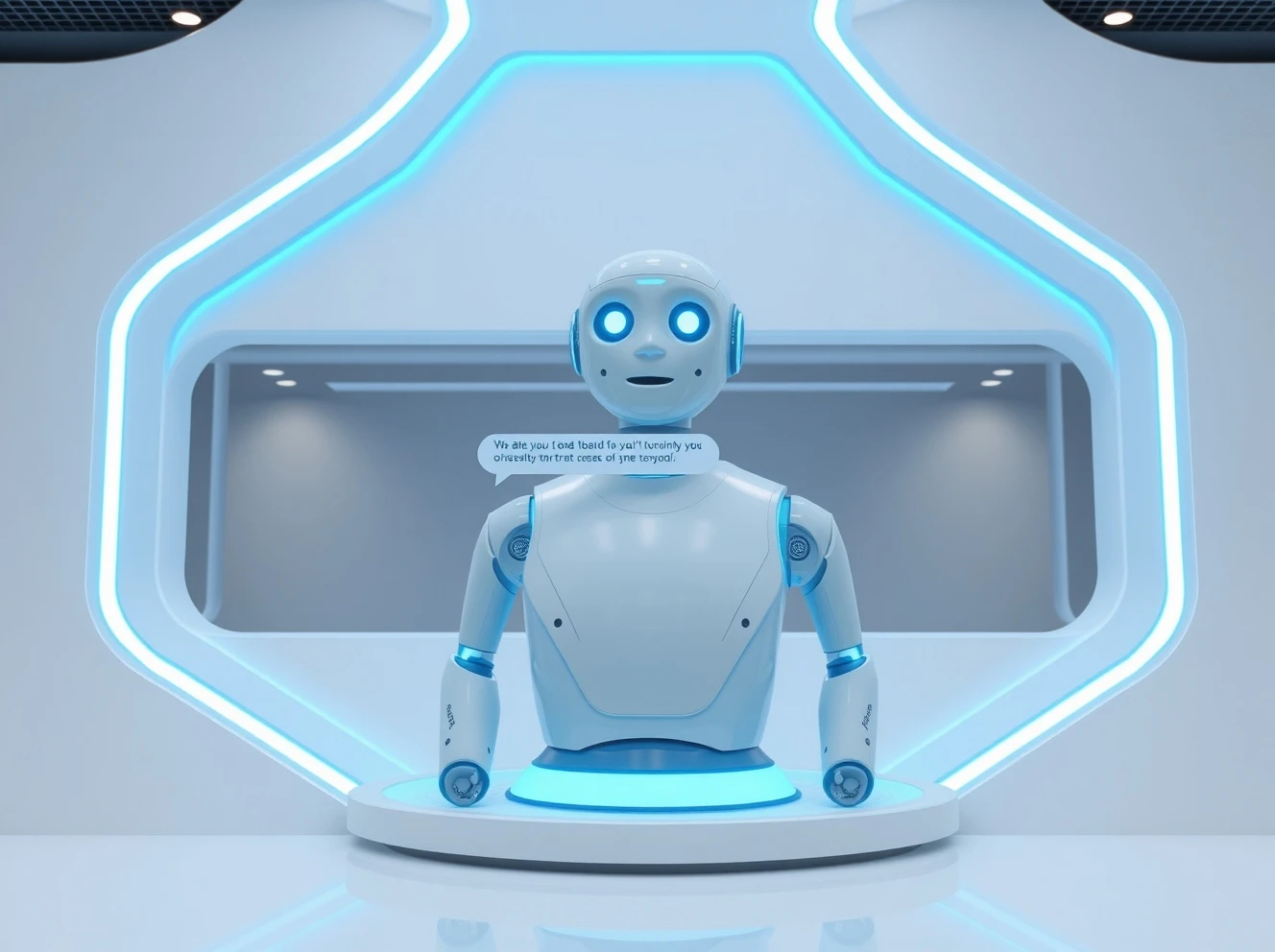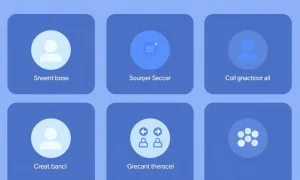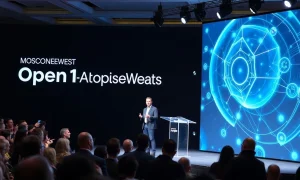ChatGPT has fundamentally transformed how we interact with artificial intelligence since its explosive debut in November 2022. This revolutionary AI chatbot from OpenAI has evolved from a simple text generator into a sophisticated digital assistant serving over 300 million weekly users. The platform’s rapid growth and continuous innovation make understanding ChatGPT essential for anyone interested in technology’s future.
ChatGPT’s Remarkable Evolution and Growth
OpenAI’s ChatGPT has achieved unprecedented adoption rates in the technology sector. Initially designed as a productivity tool for writing and coding assistance, the platform now handles 2.5 billion daily prompts worldwide. The mobile application alone has generated $2 billion in revenue, significantly outperforming competitors like Claude and Grok. This growth demonstrates ChatGPT’s expanding role in both personal and professional environments.
Major ChatGPT Developments in 2024-2025
OpenAI has consistently released groundbreaking updates to ChatGPT throughout 2024 and 2025. The company introduced GPT-4o with enhanced voice capabilities and launched the highly anticipated Sora text-to-video model. Furthermore, OpenAI expanded its offerings with specialized models including:
- GPT-5-Codex for advanced programming assistance
- Study Mode for educational applications
- Advanced Voice Mode for natural conversations
- Enterprise solutions for government and business use
ChatGPT’s Expanding Feature Set
The ChatGPT platform now offers diverse functionality beyond basic text generation. Users can access image creation tools, code editing capabilities, and research assistants. The introduction of Agent features enables ChatGPT to perform complex computer-based tasks autonomously. These include calendar management, presentation drafting, and comprehensive workflow handling. The platform’s continuous expansion reflects OpenAI’s commitment to creating a versatile AI tool.
Business and Enterprise ChatGPT Applications
OpenAI has aggressively pursued enterprise adoption through specialized ChatGPT offerings. The company introduced ChatGPT Enterprise for federal agencies at just $1 for the first year. Additionally, data residency programs in Europe and Asia address regional compliance requirements. These strategic moves position ChatGPT as a serious contender in the business software market, competing with established enterprise solutions.
ChatGPT Controversies and Challenges
Despite its success, ChatGPT faces significant challenges and controversies. OpenAI encountered internal leadership changes, including the departure of co-founder Ilya Sutskever. The company also confronts multiple lawsuits regarding copyright infringement and data privacy concerns. Safety issues emerged regarding inappropriate content generation for minors, prompting enhanced safeguards. These challenges highlight the complex landscape of developing and deploying advanced AI systems.
ChatGPT’s Technical Infrastructure and Costs
Operating ChatGPT requires substantial computational resources and energy. Each query consumes approximately 0.34 watt-hours of electricity, equivalent to powering a lightbulb for several minutes. OpenAI utilizes Nvidia GPUs and recently incorporated Google’s AI chips to power its services. The company’s ambitious data center project, Stargate, aims to support future expansion despite these significant operational costs.
ChatGPT’s Competitive Landscape
The AI chatbot market has become increasingly competitive with rivals like Google’s Gemini, Anthropic’s Claude, and Chinese competitors including DeepSeek. OpenAI maintains its market position through continuous innovation and strategic partnerships. The recent collaboration with Apple for Apple Intelligence demonstrates ChatGPT’s expanding ecosystem integration. However, competition continues to intensify as other companies develop comparable AI technologies.
Future Outlook for ChatGPT
OpenAI plans significant developments for ChatGPT in the coming years. The company reportedly prepares for one of the largest funding rounds in history to support expansion. Future enhancements may include improved personalization through life tracking features and advanced AI agents for specialized tasks. OpenAI also explores social media integration and hardware development through acquisitions like Jony Ive’s io company. These initiatives indicate ChatGPT’s evolution into a comprehensive AI platform.
Frequently Asked Questions
What is ChatGPT?
ChatGPT is an AI-powered chatbot developed by OpenAI that generates human-like text responses based on user prompts using advanced language models.
Is ChatGPT free to use?
Yes, ChatGPT offers a free version with basic functionality, plus paid subscription tiers (Plus, Pro, Team, Enterprise) with additional features and capabilities.
How does ChatGPT handle privacy and data security?
OpenAI implements various security measures and offers data residency programs. Users in certain jurisdictions can request data deletion through official channels.
Can ChatGPT generate images and code?
Yes, ChatGPT creates images through its integrated tools and assists with programming tasks using specialized coding models like GPT-5-Codex.
What makes ChatGPT different from other AI chatbots?
ChatGPT distinguishes itself through its extensive feature set, continuous model improvements, and integration capabilities across various platforms and applications.
How does OpenAI address ChatGPT’s accuracy concerns?
OpenAI continuously refines its models to reduce hallucinations and improve factuality while implementing safeguards for sensitive topics and high-risk applications.








